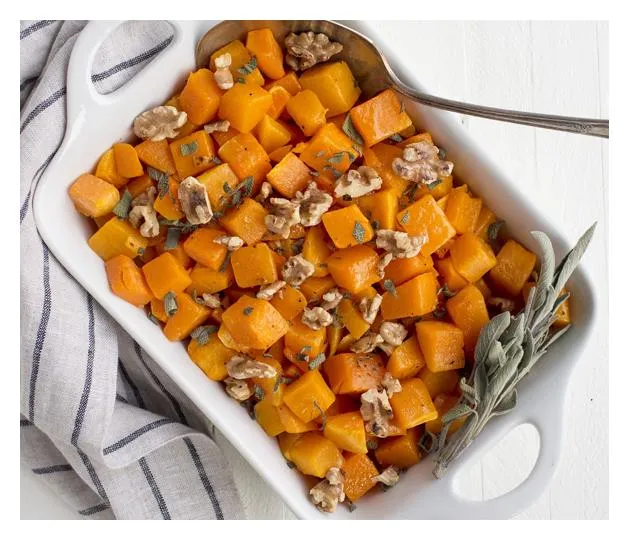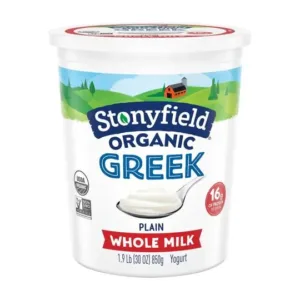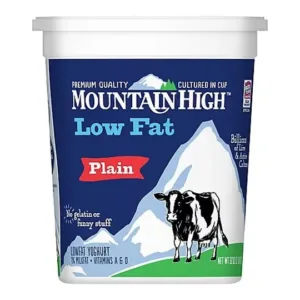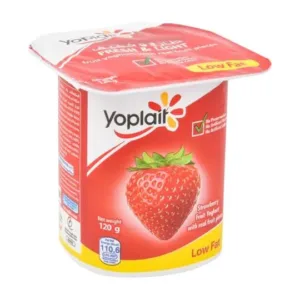
Is Baked Winter Squash Keto-Friendly?
As the popularity of the ketogenic diet grows, many people are curious about whether their favorite foods can fit into this eating plan. Today, we're examining the humble winter squash in its baked glory. This nutritious and versatile gourd is a beloved seasonal staple, warming up our fall and winter meals with its dense, sweet flesh and inviting orange hue. But does baked winter squash align with the restrictions of a ketogenic lifestyle?
Understanding the Keto Diet
Before we delve into the particulars of baked winter squash, it’s important to get a handle on the basic tenets of the ketogenic diet. This dietary approach primarily focuses on high fat (constituting around 70-80% of daily caloric intake), moderate protein and very low carbohydrate intake (typically below 50 grams of net carbs per day). The main objective? To transition your body into a state of ketosis, in which it burns fat as its main energy source instead of carbohydrates.
Nutritional InformationPer (1 Cup (205.0g)):
Per 100g:
| 
Winter Squash, Baked is quite high in carbs for a keto diet. It's best to consume it sparingly. |
In considering winter squash – specifically baked, an often-utilized produce item in hearty cold-weather dishes, we find it teeming with nutrients similar to asparagus. Winter squash is laden with fiber and rich in a plethora of vitamins and minerals.
Diving into its nutrient content, we discover it's high in vitamin A and C, an excellent source of potassium, and also provides vitamin E, thiamin, niacin, vitamin B-6, folate, pantothenic acid, and manganese. A veritable powerhouse of nutrients, winter squash brings much to the dietary table.
However, before incorporating it into your keto diet, it's essential to consider its carbohydrate content. We'll gauge its keto-friendliness on our previously mentioned scale. Like we advised earlier, for a food item to be considered very keto-friendly, it must contain between 0 to 3 grams of carbs per serving. With winter squash falling into the greater than 18g per serving category, it is unfortunately not considered keto-friendly.
Part of successful keto dieting is knowing the carb content of the foods you consume. While winter squash is undeniably nutritious, it's high carb content makes it best avoided by those earnestly attempting to maintain ketosis. It's always a balance between the nutritional value of a food item versus its carbohydrate content when strict ketosis is the end goal. Be sure to keep this in mind when planning meals and navigating the produce aisle.





